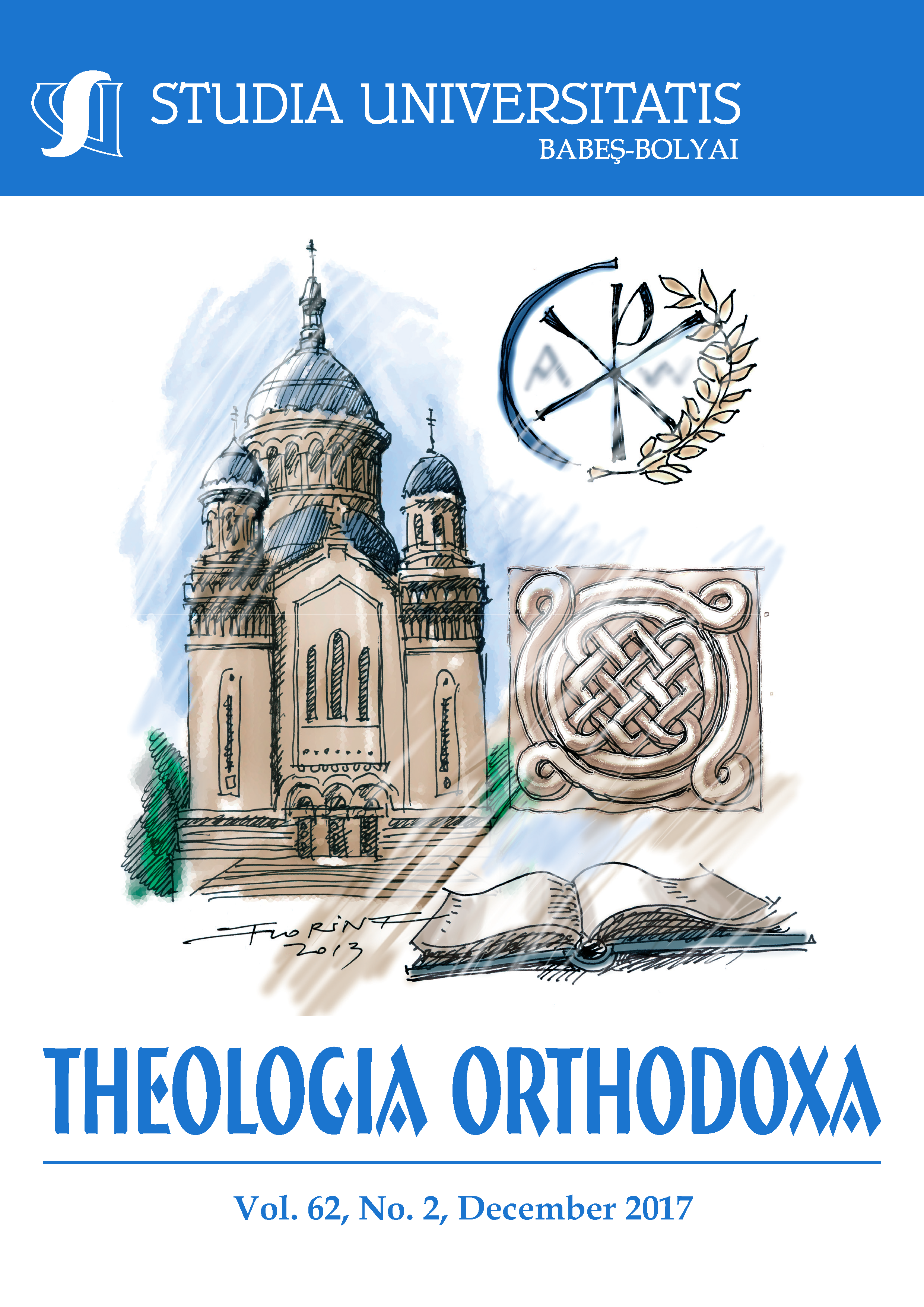HEALING THE WOUNDS OF HISTORY: THE STUTTGART DECLARATION OF GUILT (1945) AS A CONSTITUTIVE ACT OF THE POST-WAR GERMAN EVANGELICAL CHURCH
DOI:
https://doi.org/10.24193/subbto.2017.2.10Keywords:
The Stuttgart Declaration of Guilt, Evangelical Church in Germany, nationalism, secularismAbstract
The history of both societies and social institutions provides us with the examples of whether acts or documents, which, while expressing various ideas and values, have become sources of political, social and cultural inspirations as well as reference points for active struggling for these ideas and values. The examples of such documents are numerous: the Universal Declaration of Human Rights by the UN, the Constitutions of particular states, the Treaty of Maastricht as a founding act of the European Union. Another illustration of such an historic document is also the Stuttgart Declaration of Guilt (Die Stuttgarter Schulderklärung), which was released in 1945 by the Evangelical Church of Germany and today is declared to be one of its most fundamental acts. The document was prepared by the group of theologians and church leaders who were involved in the resistant movement against the German Nazi-state. The declaration confirmed an awareness on the part of the German Evangelicals that the Protestant Churches in Germany were also held responsible for the moral disaster of Nazism, even though their blame consisted, above all, in a passive attitude towards evil. The paper surveys the main aspects of the history of declaration and attempts to provide a brief reflection on its theological and sociological importance. Furthermore, it stresses the links between the secularization processes and the nationalism reflected in the history of the German state and German church.
References
BESSIER, G. Intimately Associeted for Many Years. George K. A. Bells and Willem A. Visser’t Hooft’s Common Life-Work in the Service of the Church Universal – Mirrored in their Correspondance. (Part One 1938-1949). Newcastle: Cambridge Scholar Publishing, 2015.
BONHOEFFER, D. Letters and Papers from Prison. Edited by John W. de Gruchy. Minneapolis: Fortress, 2010.
BOYENS, A. “Das Stuttgarter Schuldbekenntnis von 19 Oktober 1945 – Entstehung und Bedeutung,” Vierteljahrshefte für Zeitgeschichte 19 (1971) Heft 4.
DAVIES, N. AND M. CONVEY. World Christianity in the Twentieth Century. A Reader. London: SCM Press, 2008.
KOPIEC, P. Stuttgarckie Wyznanie Winy (1945) jako akt nawrócenia instytucjonalnego [The Stuttgart Declaration of Guilt (1945) as an Act of Institutional Conversion], w: Nawrócenie. Ewangeliczne wezwanie i konteksty interpretacyjne, red. M. Składanowski, T. Syczewski, and J. Połowianuk. Lublin: Wydawnictwo KUL 2015, 127-149.
LANG, C.L. “Imposed German Guilt: The Stuttgart Declaration of 1945”, Journal of Historical Review 8 (1988), 55-78.
MERKLEY, P. Rheinhold Niebuhr. A Political Account. Montreal, Kingston: McGill-Queen's University Press, 1975.
MORAWSKA, A. Chrześcijanin w Trzeciej Rzeszy. Warszawa: Biblioteka Więzi, 1970.
RÖHM, E., HIERFELDER J. Kirche-Staat-Politik. Zum Öffentlichkeitsauftrag der Kirche. Stuttgart: Calwer Verlag.
SILOMON, A. Anspruch und Wirklichkeit der “besonderen Gemeinschaft”. Der Ost-West-Dialog der deustchen evangelischen Kirchen. Göttingen: Vandendhoeck & Ruprecht, 2006.
SOLOMON, N. “Jewish Holocaust Theology”, The Way 37/3, July 1997.
Downloads
Published
How to Cite
Issue
Section
License
Copyright (c) 2017 Studia Universitatis Babeș-Bolyai Theologia Orthodoxa

This work is licensed under a Creative Commons Attribution-NonCommercial-NoDerivatives 4.0 International License.





 ISSN (print): 1224-0869, ISSN (online): 2065-9474, ISSN-L: 2065-9474
ISSN (print): 1224-0869, ISSN (online): 2065-9474, ISSN-L: 2065-9474